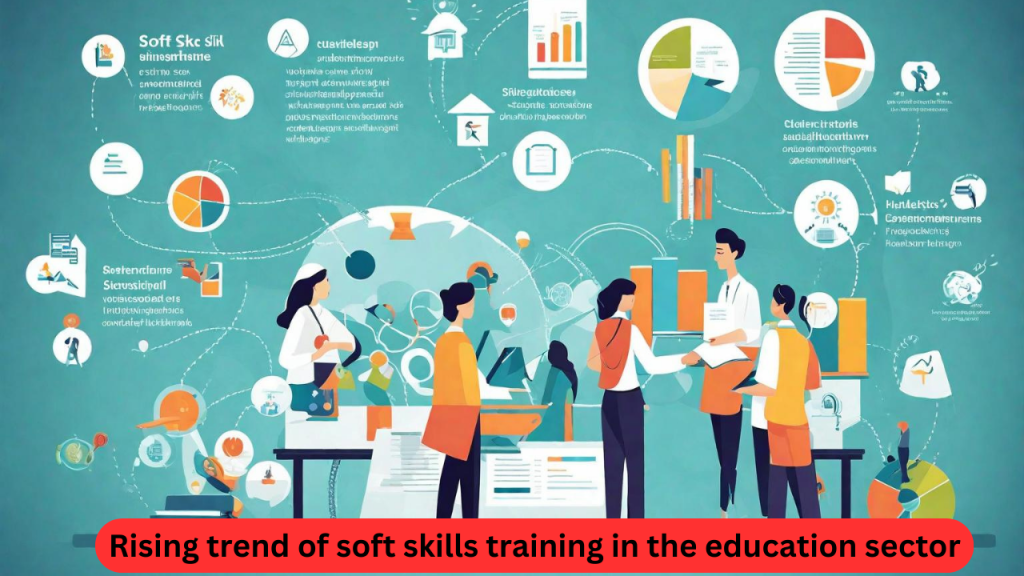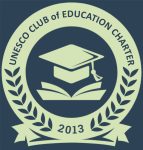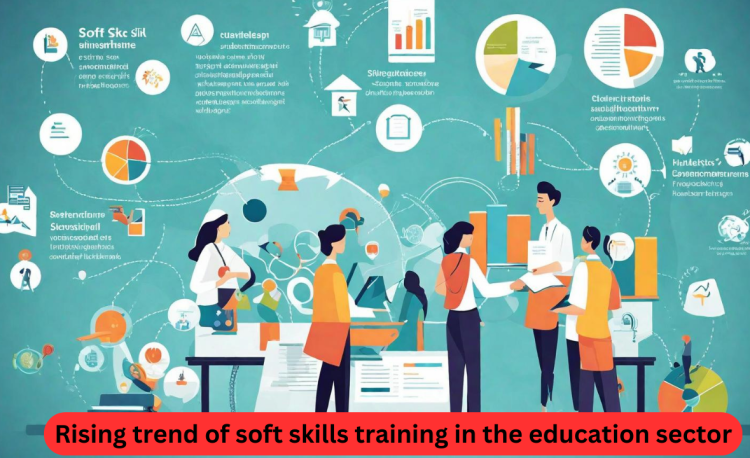With the advent of the latest educational policy, the discourse has shifted significantly towards soft skill training, marking a departure from the traditional emphasis on rote memorization. Previously, rote learning was the cornerstone of educational practices, whether in personal tutoring, classes, examinations, or career pursuits. However, over time, gradual paradigm shifts have reshaped the education landscape, emphasizing skill-based learning across various sectors.
The video captioned below covers the topic
Today, discussions within educational circles, seminars, and policy forums predominantly revolve around fostering cognitive skills, creativity, problem-solving abilities, and other essential soft skills required in the contemporary world. The newly formulated educational curriculum reflects this shift, focusing on equipping today’s generation with skills applicable to real-world challenges, rather than inundating them with irrelevant data and statistics.

Instead of merely imparting knowledge, educators now prioritize the development of speech, leadership, adaptability, and problem-solving skills among students, both within traditional classrooms and through online and offline platforms. Consequently, students are better prepared to tackle the complexities of the modern world, heralding a transformative shift from conventional pedagogy to a more holistic approach to education.
This paradigm shift is emblematic of a new era of learning, representing a nation-building initiative aimed at cultivating a generation of well-rounded individuals capable of addressing societal challenges with confidence and competence.
soft skill
Institutions like Saraswati World School exemplify this ethos through the implementation of innovative methodologies like NEST (Nature, Environment, Science and Technology), which prioritize creativity, technological proficiency, and a deep understanding of subjects.
By embracing soft skill training and fostering a culture of adaptability and innovation, schools can nurture students who are not only academically proficient but also highly creative, competitive, and socially conscious. Through various implementations and collaborations with third-party entities, schools can continue to evolve and thrive in an ever-changing educational landscape.
Readers may visit the link for similar articles.

